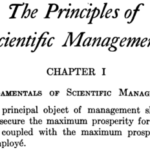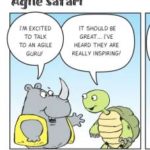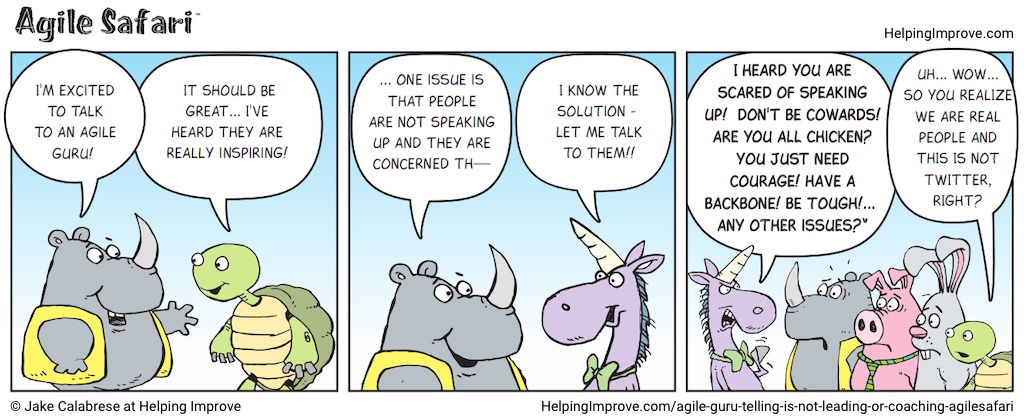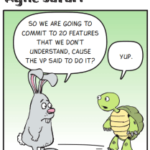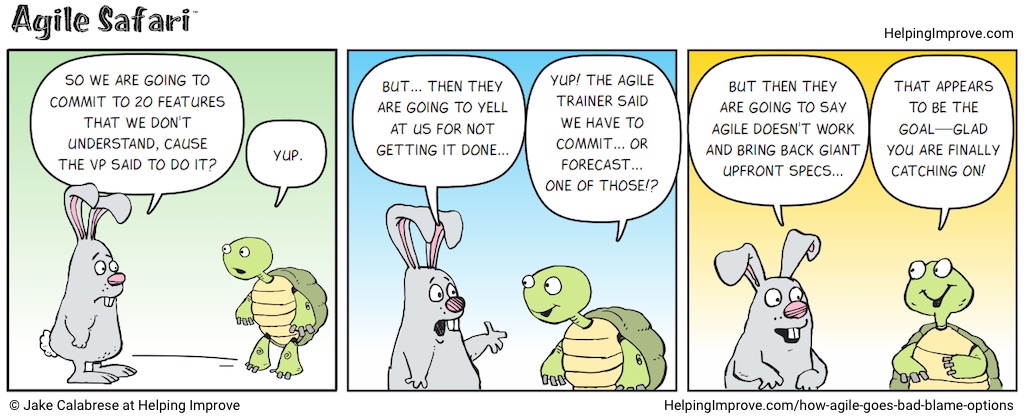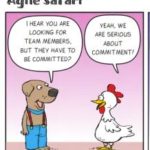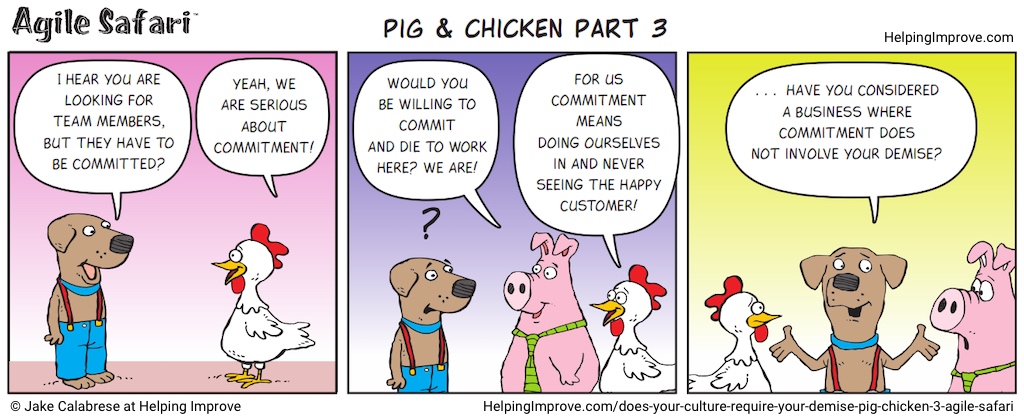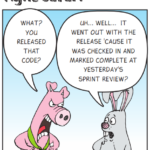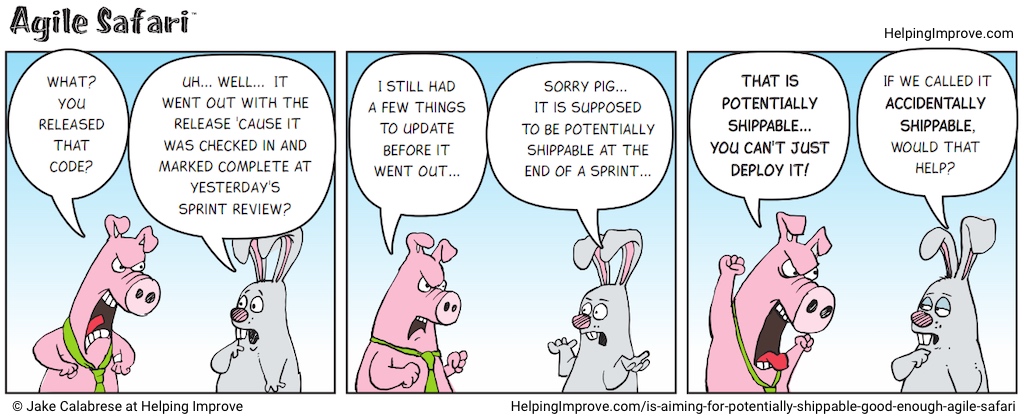A major challenge we run into when helping organizations shift or improve is leadership misconceptions. Agile leadership myths cause a lot of these misconceptions. We need to help avoid falling into the trap of these common myths because they limit our success. A root cause of many of the myths is that people simply don’t know what else to do. For example, Myth #1: ‘telling people “you are empowered” actually works.’ Leaders often don’t know what else to do, other than tell teams they are empowered. We see this with Development Teams, Scrum Teams, Delivery Teams, AND Leadership Teams.
For example, Myth #1: ‘telling people “you are empowered” actually works.’ Leaders often don’t know what else to do, other than tell teams they are empowered. We see this with Development Teams, Scrum Teams, Delivery Teams, AND Leadership Teams.
A bit of background — there are many agile leadership myths out there. These myths (or assumptions) limit leaders ability to improve, help others, and succeed. Many myths seem to occur at a nonconscious level, meaning they function like many biases. People are not even aware, consciously, that they are happening.


